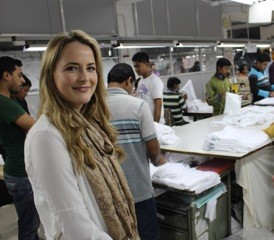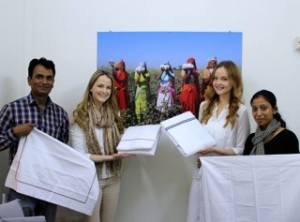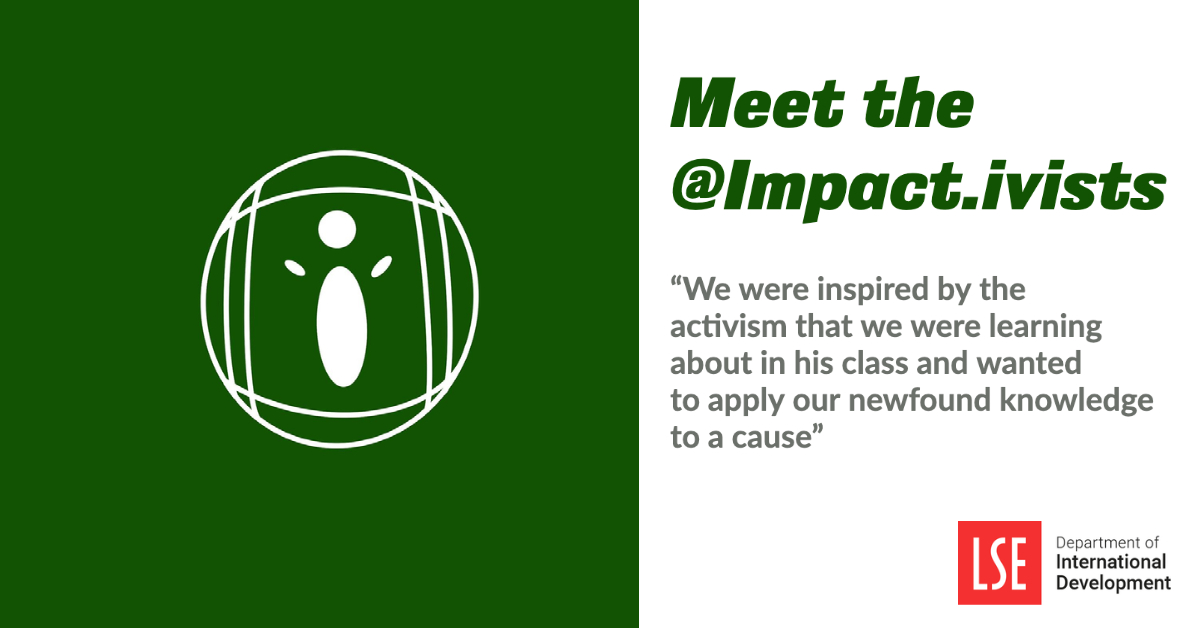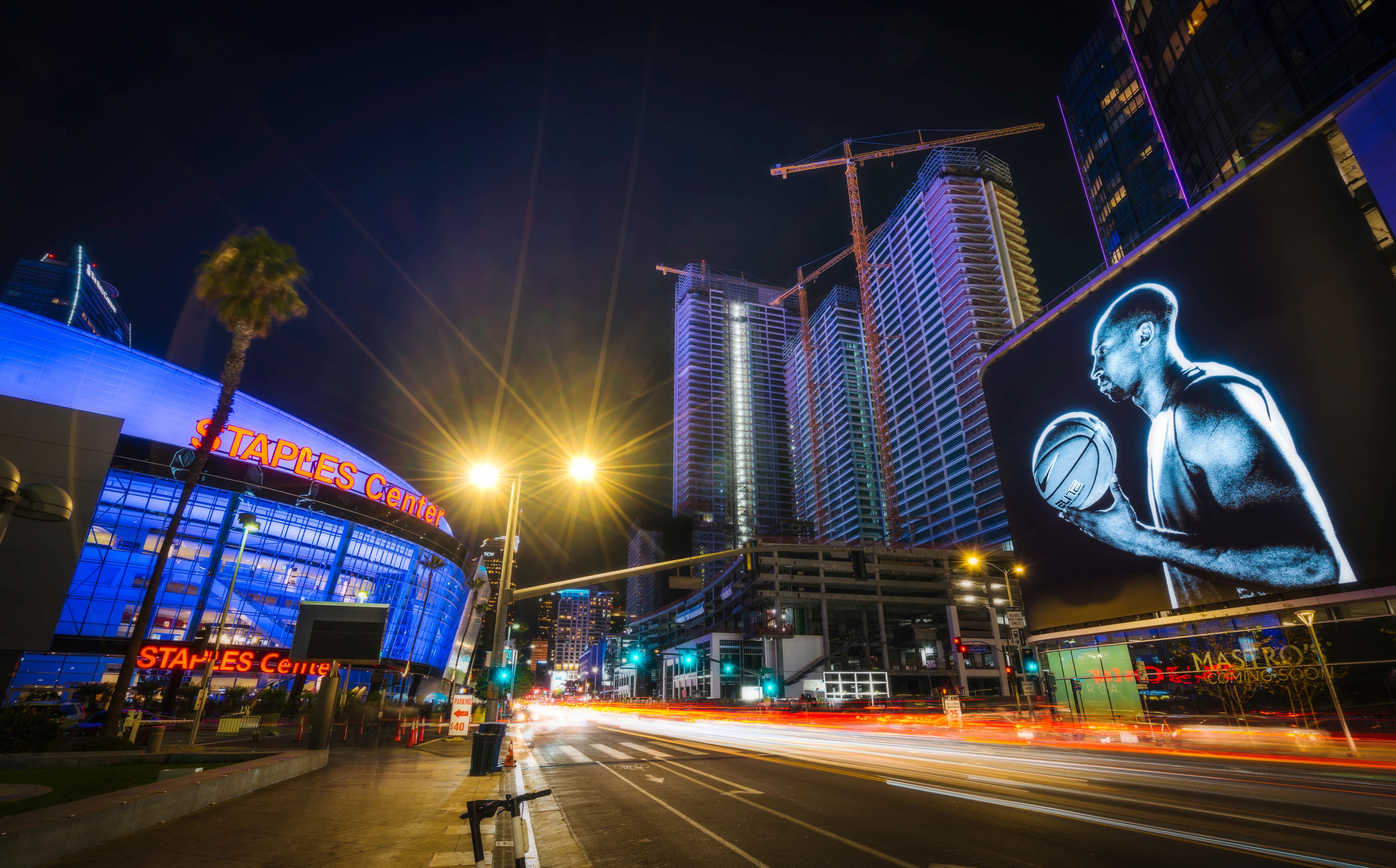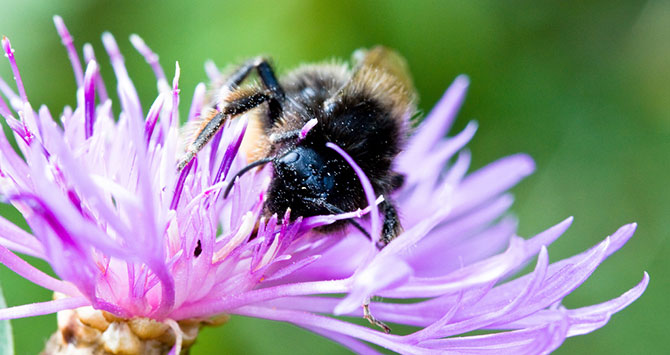Social enterprises are a socially-conscious approach to economic growth – and women are at the forefront of this emerging market. Ex-Development Studies student, Rebecca Winckworth, explains what her motivations were to start up White & Green, a new textile enterprise based in Ireland that has ethical trade at the heart of their business model.
My time at LSE was everything I could have imagined and more. I always knew I wanted to work in development, but I was unsure as to the specific area. So, I threw myself in the deep end by pursuing an MSc in Development Studies, and what a great decision that was!
So, what makes the LSE experience so special? The answer is simple, the people. I was inspired every day by my wonderful classmates from all over the world. We would spend hours debating world politics, philosophy and economics over drinks at George IV or picnics at Lincoln’s Inn Fields. LSE students are not only smart and driven but exceptionally fun and interesting to be around. I have certainly made friends for life.
And what about our wonderful professors? I absolutely loved my classes at LSE and it was a privilege to learn from such renowned experts. They were engaging, entertaining and incredibly approachable. I found the academic jump to MSc level challenging, but I knew that help was always available and our professors made it their mission to know us all individually.
At LSE, I found my passion in the nexus of development and business. Growing global wealth inequality is driven primarily by an unfair global trading system. This system benefits rich consumer economies, yet fails to deliver sustainable livelihoods or development opportunities for poor producer economies. I became particularly interested in the textiles industry, given the recent collapse of Rana Plaza in Bangladesh, which highlighted the plight of garment workers and the indifference of global retail brands.
Upon leaving LSE, I began the job search back home in Ireland where opportunities within development are scarce. It was infuriating, to say the least. Even unpaid volunteer positions were difficult to come by and it became clear that creating my own company would offer me a much more effective route to a career in development in Ireland.
So, along with my family, I co-founded White & Green. White & Green is one of the world’s few certified Organic and Fairtrade cotton companies. We create luxury cotton bed sheets, throws, baby blankets and scarves.
Cotton is the world’s most important non-food crop, with over 24 million tones consumed annually. 99% of the world’s cotton farmers live in developing countries, with two-thirds living in China and India.
The industry is hugely damaging for both the people who handle the crop and the environment around it. It is responsible for the release of US$2 billion worth of chemical pesticides (of which nearly half are considered hazardous by the WHO) and accounts for 16% of world pesticide use. At least 1 million farm workers are hospitalised every year due to pesticide poisoning, often resulting in death. These chemicals also seep into local eco-systems, indirectly poisoning nearby communities.
It is also increasingly difficult for smallholder cotton farmers to earn a living due to volatile markets and unfair trade barriers. In India alone, 300,000 farmers have committed suicide since 1995, many of these being cotton farmers. Global cotton production is renowned for such human rights violations and social justice issues, also including unsafe work practices, unfair wages, and child labour.
At White & Green, our cotton is certified organic (GOTS). This means we use non-genetically-modified seeds and our cotton is produced without chemical pesticides, fertilisers or dyes, eliminating the risk of poisoning for workers and reducing environmental impact. Our cotton is also Fairtrade certified, produced under strict standards for farmers, workers, and the environment. Our producers receive a minimum price, protecting them from volatile market fluctuations. They also receive a Fairtrade premium for social and economic investments in their local communities. Our supply chain is transparent and our mission is simple – to create beautiful cotton products whilst improving the livelihoods of our producers.
Business has been exciting since our launch last May and we are at the forefront of an ethical consumption revolution in Ireland. Sometimes it is daunting being an entrepreneur – with high risk, an unstable salary and being in work mode effectively 24/7. But overall, it is exciting and fulfilling!
I certainly would not be where I am today were it not for my time at LSE. If you would like to hear more about White & Green, check out www.whiteandgreen.ie.


